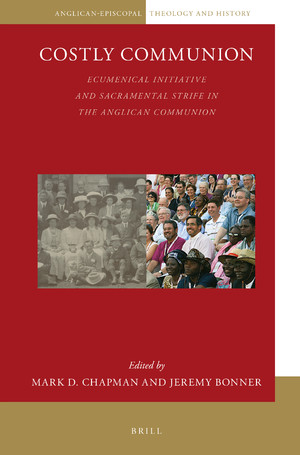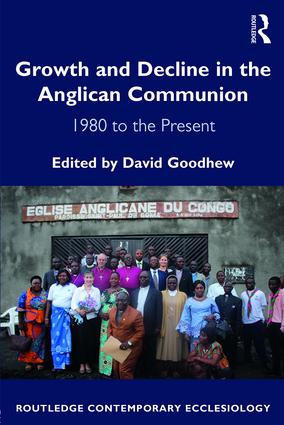Henry Orombi: A Church of Bishops
Here, in a nutshell, is the orthodox/reasserter/conservative view of Anglican polity firmly articulated. Whether or not one agrees with it, it leaves little room for ambiguity. Either bishops - exercising their office in a collegial fashion - have a definitive role in adjudicating matters of faith and order or they do not, in which case provincial autonomy - as in the Lutheran case - beckons. It doesn't look like there's much prospect of going back, particularly since neither side is inclined to trust the other.
Together with Bishop Mouneer, I am equally concerned, as you know, about the shift in the balance of powers among the Instruments of Communion. It was the Primates in 2003 who requested the Lambeth Commission on Communion that ultimately produced the Windsor Report. It was the Primates who received the Windsor Report at our meeting in Dromantine in 2005. It was the Primates, through our Dromantine Communique, who presented the appropriate “hermeneutic” through which to read the Windsor Report. That “hermeneutic,” however, has been obscured by the leadership at St. Andrew’s House who somehow created something we never envisioned called the “Windsor Process.”
The Windsor Report was not a “process.” It was a Report, commissioned by the Primates and received by the Primates. The Primates made specific and clear requests of TEC and the Anglican Church of Canada. When TEC, particularly, did not clearly answer our questions, we gave them more time in 2007 to clarify their position.
Suddenly, though, after the 2007 Primates Meeting in Dar es Salaam, the Primates no longer had a role to play in the very process they had begun. The process was mysteriously transferred to the Anglican Consultative Council and, more particularly, to the Joint Standing Committee. The Joint Standing Committee has now evolved into the “Standing Committee.” Some suggest that it is the Standing Committee “of the Anglican Communion.”
There is, however, no “Standing Committee of the Anglican Communion” The Standing Committee has never been approved in its present form by the Primates Meeting or the Lambeth Conference. Rather, it was adopted by itself, with your approval and the approval of the ACC. The fact that five Primates are included in no way represents our Anglican understanding of the role of Primates as metropolitan bishops of their provinces.
Anglicanism is a church of Bishops and, at its best, is conciliar in its governance. The grave crisis before us as a Communion is both a matter of faith as well as order. Matters of faith and order are the domain of Bishops. In a Communion the size of the Anglican Communion, it is unwieldy to think of gathering all the Bishops of the Communion together more frequently than the current pattern of every ten years. That is why the Lambeth Conference in 1998 resolved that the Primates Meeting should be able to “exercise an enhanced responsibility in offering guidance on doctrinal, moral and pastoral matters.” (Resolution III.6).
Source: http://www.kendallharmon.net/t19/index.php/t19/article/29392









